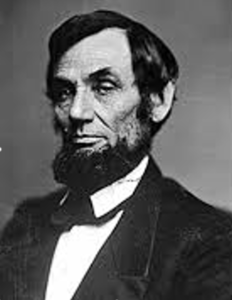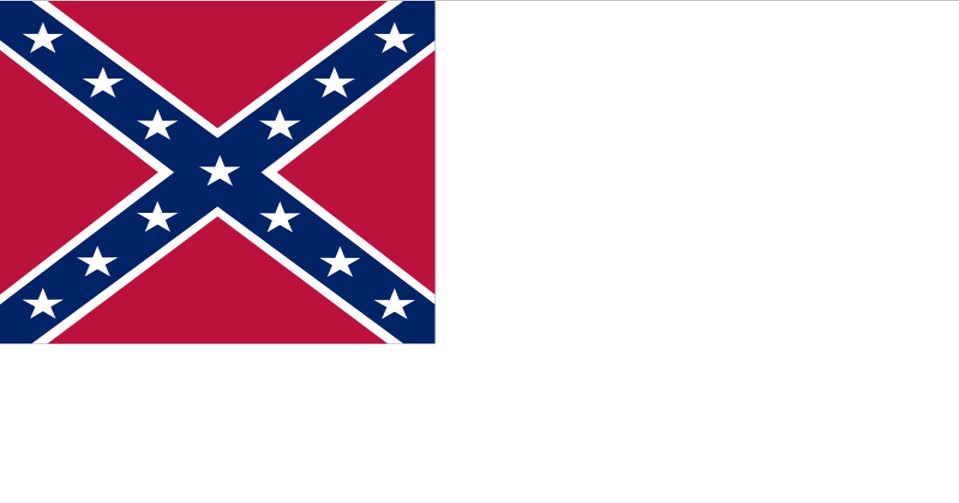Subsequent Events:
Republican (nationalist) President Abraham Lincoln, of the united States, delivers his “Gettysburg Address,” at the Dedication of the Gettysburg (Pennsylvania) National Cemetery, the site of the bloodiest battle in the War of Federal Aggression:
Four score and seven years ago our fathers brought forth on this continent, a new nation, conceived in Liberty, and dedicated to the proposition that all men are created equal.
Now we are engaged in a great civil war, testing whether that nation, or any nation so conceived and so dedicated, can long endure. We are met on a great battle-field of that war. We have come to dedicate a portion of that field, as a final resting place for those who here gave their lives that that nation might live. It is altogether fitting and proper that we should do this.
But, in a larger sense, we can not [sic] dedicate—we can not consecrate—we can not hallow—this ground. The brave men, living and dead, who struggled here, have consecrated it, far above our poor power to add or detract. The world will little note, nor long remember what we say here, but it can never forget what they did here. It is for us the living, rather, to be dedicated here to the unfinished work which they who fought here have thus far so nobly advanced. It is rather for us to be here dedicated to the great task remaining before us—that from these honored dead we take increased devotion to that cause for which they gave the last full measure of devotion—that we here highly resolve that these dead shall not have died in vain—that this nation, under God, shall have a new birth of freedom—and that government of the people, by the people, for the people, shall not perish from the earth.
NOTES:
- Lincoln did not mention “one nation under God.”
- Lincoln used the word “nation” (in which a central government, with almost limitless power, treats its constituent states as mere enclaves, provinces, or sub-divisions of its greater self) five times, but not once used the word “Union” (which is a union of sovereign States under a federal system, with a central government whose powers are strictly limited by a respected Constitution)
- George P. Fletcher, Cardozo Professor of Jurisprudence at Columbia University School of Law, cites Lincoln’s Gettysburg Address as the preamble to the “Secret Constitution” (the three “Reconstruction Amendments”)—a constitution of equality—which derives its authority from the Nation instead of WE THE PEOPLE, and governs as a democracy instead of a republic.
[updated 1/21/2022]
Brigadier General Robert Schenck of the (standing) Army of the united States orders his Soldiers to inspect ballots at a special election in Delaware. Only unionist ballots are allowed to be cast, resulting in the election of a pro-Lincoln Representative.
[restored 9/11/2020]
References:
George P. Fletcher, Our Secret Constitution: How Lincoln redefined democracy, (Oxford and New York: Oxford University Press, 2001), 51-52, 55.
William B. Hesseltine, Lincoln’s Plan of Reconstruction, Tuscaloosa, Alabama: The Confederate Publishing Co., 1960; Glouchester, Massachusetts: Peter Smith, 1963), 46.
Calvin D. Linton, ed. The Bicentennial Almanac: 200 Years of America, 1776-1976, (Nashville, Tennessee: Thomas Nelson, 1975), 179.


